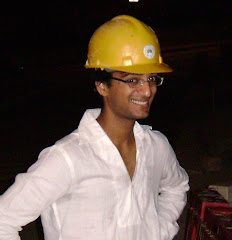We had our first group meeting for the CG1102 project last Thursday. Communication during the meeting was excellent, and we all played our roles effectively. Overall, the meeting went very smoothly but we forgot a few fundamentals.
Firstly, it was only during the meeting that we decided who our group leader and secretary would be. Moreover, we chose it without much consideration, based only on the roles we were temporarily playing at that time. Because of this, the leader did not get a chance to set and declare the agenda of the meeting. Even though we roughly knew what we would be doing, we did not exactly know how much work we would do on the spot and how much of it we would do later.
Secondly, we had not planned the meeting in advance. We had not booked the venue, had not thought of how to set up the camera and now that I think of it, we did not have any sort of back-up in mind. We did not know where to go in case the room was occupied, we did not have a spare camera, we had kept the meeting so late that we did not have the chance of a second meeting as one team member was going overseas soon.
Despite these glitches, our team performed very well. None of us felt uneasy in front of the camera. For me, the most likeable thing about our team is that everyone clarifies whatever they are confused about instead of passively accepting it. Anni noted everything down acutely and Michael steered the meeting in the right direction.
As I reviewed our video, I noticed that I presented my answer without asking others for theirs. We should have all discussed our solutions and come up with the best one. What I did instead was that I asked others to add on to my idea. This is one area I need to take care of in future meetings.


.jpg)